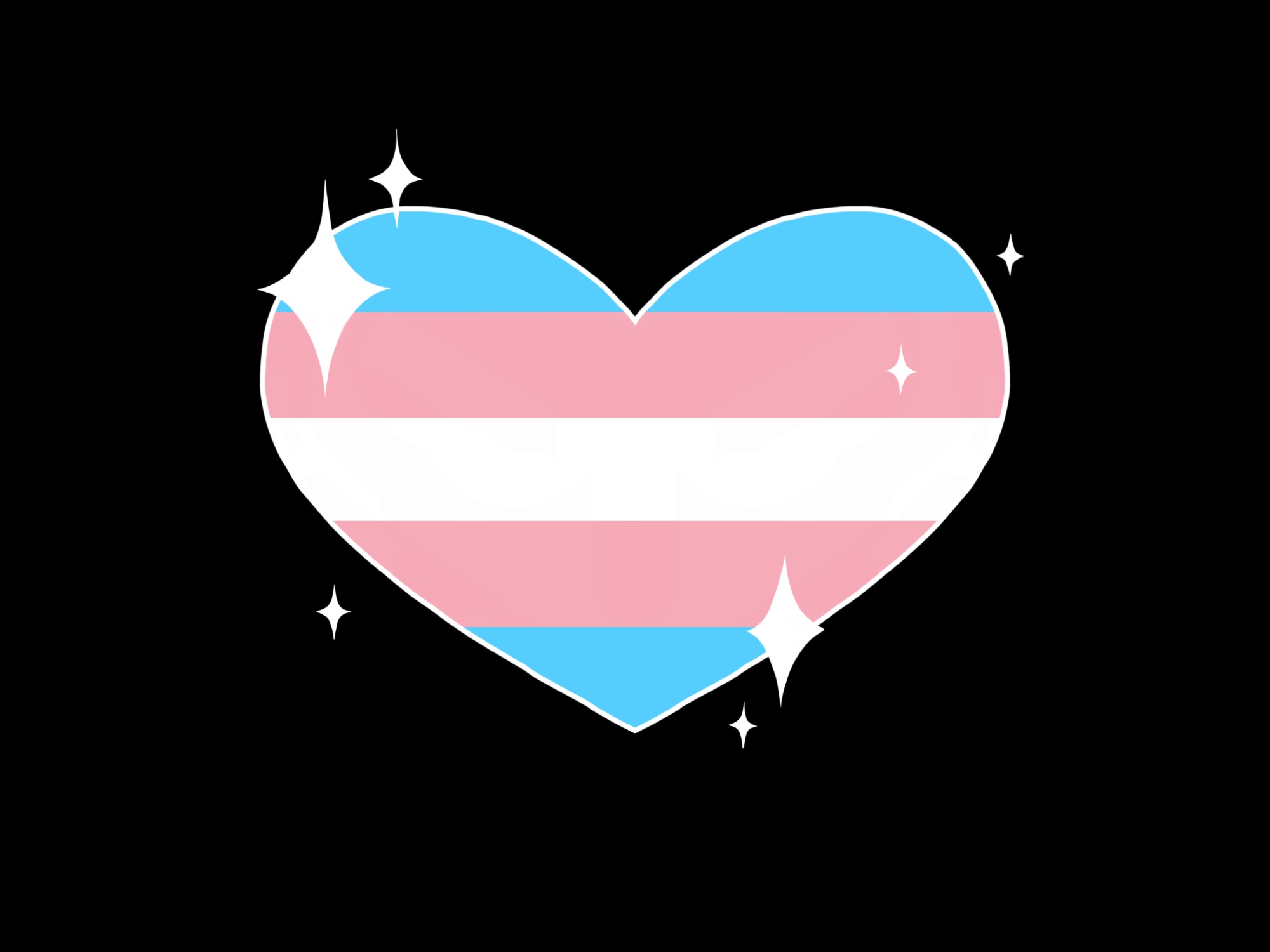The Boston City Council adopted a resolution last week recognizing March 31 as Transgender Day of Visibility, affirming the Biden administration’s nationwide proclamation of the day.
President Joe Biden first issued a statement proclaiming transgender visibility in 2021, saying that his administration is committed to fulfilling the promise of America for all citizens, including members of the transgender community, by “stamping out discrimination and delivering freedom and equality for all.”

This year’s recognition by the Boston City Council “celebrates the joy, strength and resiliency of transgender people and gender non-binary people in and around the world who have too often had to put their jobs, relationships, and lives on the line just to be their true selves,” the city of Boston wrote in a statement on March 29.
It continued to say that the day “focuses on highlighting the trans community and takes direct action in challenging the biases of people who don’t understand the spectrum of gender.”
This recognition — on a national and city-wide level — is essential in a day and age where transgender individuals are facing more political persecution than ever.
In 2023, United States legislators introduced 600 anti-trans bills, 87 of which have passed. This year, the number is already 539, with 18 having passed. In 2022, 174 bills were considered, with 26 passing — fewer than in the past two years but still 174 too many.
These bills have targeted trans students’ participation in sports, prohibited schools from using students’ preferred names or gender markers and restricted various forms of gender expression, according to the ACLU.
It’s become abundantly clear that U.S. political decisions are moving to hinder many transgender people’s rights to social acknowledgment and healthcare access.
Even this year, conservatives have lashed out against Biden because this year’s Transgender Day of Visibility fell on Easter Sunday — despite Easter not actually falling on March 31 every year.
Karoline Leavitt, the Trump campaign’s press secretary, called for an apology from Biden’s “failing” campaign, calling the day part of a “years-long assault on the Christian faith.” Speaker of the House Mike Johnson called the decision “outrageous and abhorrent” and wrote on social media that the White House “betrayed the central tenet of Easter.”
This proves even more exactly why we need this day of visibility for the transgender community — to shut down conservative backlash that invalidates transgender people’s existence.
The political climate surrounding the rights to autonomy for transgender individuals is a jarring augmentation of a recurring phenomenon of societal anti-trans sentiment.
Even in 2022, before the massive surge in anti-trans legislation and sentiment we’ve seen lately, the Pew Research Center conducted a study on American views about gender identity and transgender issues. It found that 57% of adults recognized that there is a “great deal or a fair amount of discrimination against transgender people in our society today.”
Another 38% said our society has gone too far in acceptance of transgender people. This is an absurd level of animosity towards transgender people that warrants the need for a dedicated day such as this one.
Visibility days can easily be faulted for not taking real action. While that may be true, recognizing the contributions and humanity of trans individuals in a society where they are persecuted, in more ways than one, is a minor but important step in the fight for transgender acceptance in this country.
Furthermore, our current society and government tend to lump all LGBTQ+ identities together. Yes, we have a pride month in June. However, because transgender identity is not only unique from other LGBTQ+ identities but is also uniquely persecuted, this now-officially recognized day of visibility is vital.
That being said, visibility and acknowledgment should not be limited to a singular day or even a singular month.
In a perfect world, the U.S. would come to a place of acceptance and equality that doesn’t warrant the need for designated days for marginalized communities at all.
Boston’s decision, along with Biden’s, may seem insignificant in today’s grand political scheme. However, it’s an important step in the ideal goal to have transgender healthcare access and social acceptance cemented year-round.
Hopefully, Boston and the White House recognizing Transgender Day of Visibility is the first step in the right direction to progress transgender rights in this country.
This Editorial was written by Opinion Co-Editor Lea Rivel.





















































































































